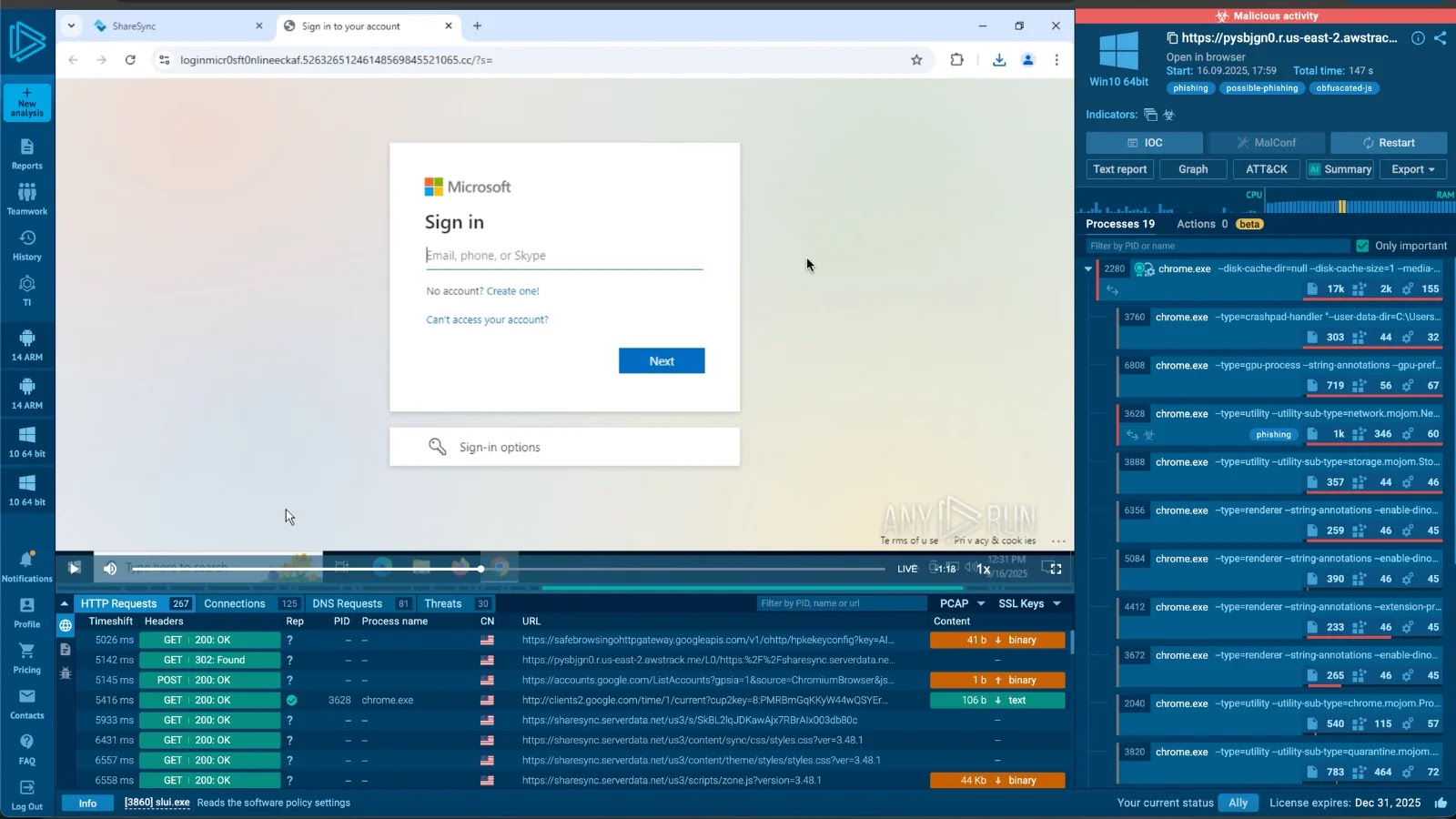Qantas Airways, Australia’s flagship carrier, has confirmed a significant cybersecurity breach affecting approximately six million customers. The incident involved unauthorized access to a third-party customer service platform utilized by one of the airline’s contact centers. This breach is among the most substantial data compromises in Australian aviation history, prompting immediate action from Qantas and heightened scrutiny from cybersecurity authorities.
Details of the Breach
The cyberattack targeted a call center, allowing hackers to infiltrate a third-party customer servicing platform. The compromised data includes customer names, email addresses, phone numbers, birth dates, and frequent flyer numbers. Notably, credit card details, personal financial information, and passport numbers were not stored in the affected system and, therefore, remain secure. Qantas has assured that frequent flyer accounts, passwords, PINs, and login credentials were not accessed during the breach.
Detection and Response
Qantas detected unusual activity on the platform and acted swiftly to contain the breach. The airline is currently investigating the extent of the data theft, anticipating that the impact will be significant. Despite the breach, Qantas has confirmed that its operations and flight safety have not been compromised.
Potential Perpetrators
While Qantas has not officially attributed the attack to a specific group, the incident follows a recent warning from the U.S. Federal Bureau of Investigation (FBI) about the cybercriminal group known as Scattered Spider. This group is notorious for targeting large corporations, including airlines, by impersonating employees to deceive IT departments into granting system access. Scattered Spider has been linked to previous attacks on Hawaiian Airlines and Canada’s WestJet.
Regulatory and Legal Implications
The breach has drawn attention from regulatory bodies, including the Australian Cyber Security Centre (ACSC), the Office of the Australian Information Commissioner (OAIC), and the Australian Federal Police (AFP). Given the scale of the incident, Qantas may face regulatory scrutiny under Australia’s Privacy Act, which empowers the OAIC to impose significant penalties for data protection failures affecting large customer populations.
Customer Support and Communication
In response to the breach, Qantas has established a dedicated customer support hotline and webpage to assist affected individuals. The airline is proactively contacting customers to inform them of the incident, apologize, and provide details on the support available. Qantas CEO Vanessa Hudson emphasized the company’s commitment to safeguarding customer data and acknowledged the uncertainty this incident may cause.
Reputational Impact
This cyberattack poses a significant challenge to Qantas as it strives to rebuild public trust following previous controversies, including unlawful staff layoffs and selling tickets for canceled flights. The airline’s share price experienced a 2.4% decline following the announcement of the breach, reflecting investor concerns about the potential financial and reputational repercussions.
Industry Context
The aviation sector has become an increasingly attractive target for cybercriminals due to its reliance on complex, interconnected digital systems. This incident underscores the critical importance of robust cybersecurity measures within the industry to protect sensitive customer information and maintain operational integrity.
Conclusion
The Qantas cyberattack serves as a stark reminder of the persistent and evolving threats facing the aviation industry. As the airline continues its investigation and collaborates with cybersecurity experts and regulatory authorities, the focus remains on mitigating the impact on affected customers and strengthening defenses against future attacks.



